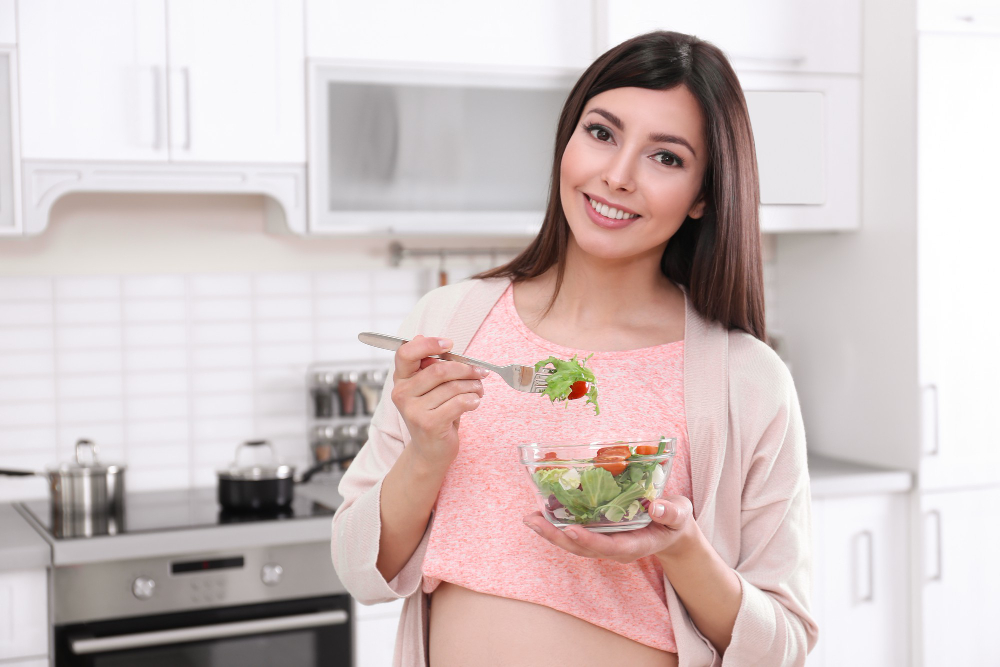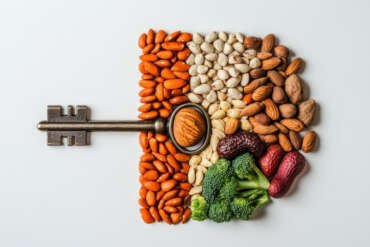
Maternity Diet Tips: Your Complete Guide to a Healthy Pregnancy Diet
Pregnancy is one of the most beautiful journeys a woman can experience. But it also comes with many questions and concerns—especially about food. That’s why understanding the pregnancy diet is essential. The right balance of nutrients can make a huge difference for both mother and baby, supporting growth, development, and overall well-being.
In this blog, we’ll walk you through everything you need to know about the pregnancy diet—including what foods to include, what to avoid, and how to balance your meals to support a healthy pregnancy.
Why Pregnancy Diet Matters
A pregnancy diet is not just about eating for two. It’s about eating smart and ensuring your body has the fuel it needs. During pregnancy, your body requires additional nutrients to:
> Support the baby’s growth and brain development
> Build the placenta and amniotic fluid
> Maintain your own strength and immunity
> Prepare your body for delivery and recovery
In fact, most women need an additional 300–500 calories per day during the second and third trimesters. However, the quality of these calories matters much more than the quantity.
Key Nutrients in a Healthy Pregnancy Diet
A balanced pregnancy diet should cover all essential nutrients, but some are especially critical during these months.
1. Folic Acid
Folic acid helps prevent neural tube defects and supports the baby’s brain and spinal cord development.
> Sources: Dark leafy greens, beans, citrus fruits, fortified cereals
2. Iron
Iron prevents anemia and supports the increased blood supply needed for your baby. Pair iron-rich foods with vitamin C for better absorption.
> Sources: Lean red meat, spinach, lentils, pumpkin seeds
3. Calcium
Calcium helps your baby’s tiny bones and teeth grow strong, while also keeping your own bones healthy and supported during pregnancy.
> Sources: Milk, yogurt, cheese, sesame seeds, fortified plant-based milk
4. Protein
Protein supports tissue development for both mother and baby.
> Sources: Eggs, poultry, fish (low in mercury), legumes, tofu
5. Omega-3 Fatty Acids
Omega-3s give your little one a healthy start by supporting their brain and eye development
> Sources: Salmon, walnuts, chia seeds, flaxseeds
6. Fiber
Pregnancy often slows digestion, leading to constipation. Fiber supports gut health.
> Sources: Whole grains, fruits, vegetables, oats
7. Vitamin D
Supports bone strength and immunity for both mom and baby.
> Sources: Sunlight, fortified milk, eggs, mushrooms
Foods to Include in Your Pregnancy Diet
Here’s a list of wholesome foods you should regularly include in your pregnancy diet:
> Fruits and Vegetables – Fresh, seasonal produce ensures vitamins, minerals, and fiber.
> Whole Grains – Brown rice, oats, quinoa, and whole wheat provide energy and fiber.
> Dairy or alternatives – your daily boost of calcium & vitamin D for strong bones.
> Nuts and Seeds – Healthy fats and protein for sustained energy.
> Lean Proteins – Eggs, chicken, fish (low mercury), beans, and lentils.
> Healthy Snacks – Roasted chickpeas, fruit smoothies, yogurt with nuts.
Foods to Avoid in a Pregnancy Diet
Certain foods may harm the baby or increase health risks. During pregnancy, it’s best to avoid:
> Raw or Undercooked Meat, Eggs, and Fish – May cause infections.
> High-Mercury Fish – Such as shark, king mackerel, and swordfish.
> Unpasteurized Dairy – Increases the risk of listeria.
> Excessive Caffeine – Keep intake under 200 mg/day (about 1 cup of coffee).
> Alcohol – No safe level during pregnancy.

Hydration and Pregnancy Diet
Drinking enough water is just as vital for you and your baby as eating right. Water supports amniotic fluid levels, digestion, and nutrient transportation. You can also include coconut water, fresh fruit juices, and soups for extra hydration.
Meal Planning Tips for a Balanced Pregnancy Diet
Following a structured meal plan can help you stay consistent and energized throughout pregnancy. Here’s a sample outline:
Breakfast:
> Whole-grain toast with peanut butter and banana
> A glass of milk or fortified almond milk
Mid-Morning Snack:
> A handful of nuts and seeds
> Seasonal fruit
Lunch:
> Brown rice with lentils, vegetables, and yogurt
> A small portion of grilled fish or chicken
Evening Snack:
> Vegetable soup or fruit smoothie
> Roasted chickpeas or boiled corn
Dinner:
> Whole wheat chapati with curry, salad, and dal
> A serving of cottage cheese or tofu
Bedtime:
> Warm milk mixed with a little turmeric powder
Managing Common Pregnancy Diet Challenges
Many women face digestive issues, food aversions, or cravings during pregnancy. Here are some quick tips:
> Morning Sickness: Choose small, frequent meals. Ginger tea and dry crackers can help.
> Heartburn: Avoid spicy, oily foods; eat smaller portions.
> Constipation: Add fiber-rich foods and plenty of water.
> Cravings: Choose healthy swaps, like fruit instead of sweets.
Final Thoughts on Pregnancy Diet
A healthy pregnancy diet is about balance, variety, and mindful choices. While it’s important to nourish your body and your growing baby, remember that no single food guarantees perfect health. Instead, focus on consistency—filling your plate with colorful, nutrient-rich foods and staying hydrated.
Most importantly, always consult your doctor or a qualified dietitian before making major dietary changes.

